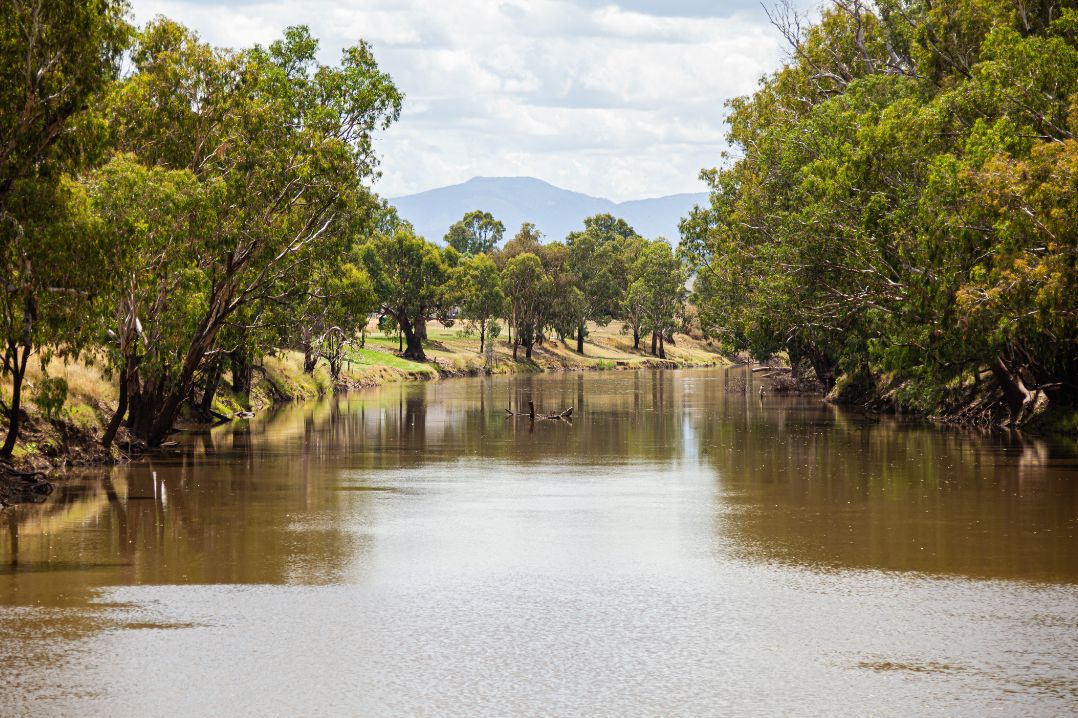Water regulator outlines new annual priorities
The Natural Resources Access Regulator (NRAR) has announced it will focus on metering, irrigated agriculture and overdrawn accounts in 2023-24.
NRAR’s Chief Regulatory Officer Grant Barnes said the regulator’s annual regulatory priorities aim to drive widespread voluntary compliance and reduce harm to the environment.
“With data from the field, satellite imagery, public reports and expert advice, we're able to identify problem areas or behaviours to focus our efforts on,” Mr Barnes said.
“Our regulatory priorities also make a clear statement to the regulated water community about NRAR’s intended focus for the coming year and put them on notice to make sure their water practices are compliant,” Mr Barnes added.
When deciding on regulatory priorities, NRAR also considers changing weather conditions and with the Bureau of Meteorology's ongoing El Niño alert, the regulator is preparing for below average rainfall and above average temperatures across NSW.
In the past, drying conditions have put a spotlight on the state’s waterways and the use of water in regional NSW.
"We want to reassure communities that NRAR remains focused on addressing the most pressing water compliance issues. The chance of detecting illegal water take has never been greater,” Mr Barnes said.
NRAR’s annual priorities for 2023-24 are:
Irrigated agriculture: Irrigated agriculture accounts for 80% of water taken in NSW. Spatial analysis suggests there are large numbers of potentially non-compliant water storages in the Murray and Murrumbidgee regions. NRAR will confirm the accuracy of this intelligence before prioritising water storages for further assessment. The focus will be to encourage water users to become compliant by obtaining approvals, purchasing water to account for any excess held in storages and/or modifying oversize storages.
Non-urban metering: The non-urban water metering reform rollout continues to be a priority area for NRAR. As a risk-based regulator we will maintain our focus on ensuring high-volume active works are compliant. We will also continue educating water users about the rules and their obligations, monitoring compliance amongst groups whose deadline has passed and taking appropriate enforcement action when necessary. This phase will concentrate on remaining high and medium volume works due to comply in the northern inland, and in the southern inland now that their deadline has passed.
Overdrawn accounts: When people take water that they haven't ordered or more than they’re allowed, they are taking water directly from other water users and the environment. Entering a negative water account balance can impact the flow of rivers, which may negatively affect nearby communities and the health of the river itself.
NRAR will concentrate its work on accounts that have taken more water than they are allocated. Our response to non-compliance will increase in severity for those who continue to break the rules.
